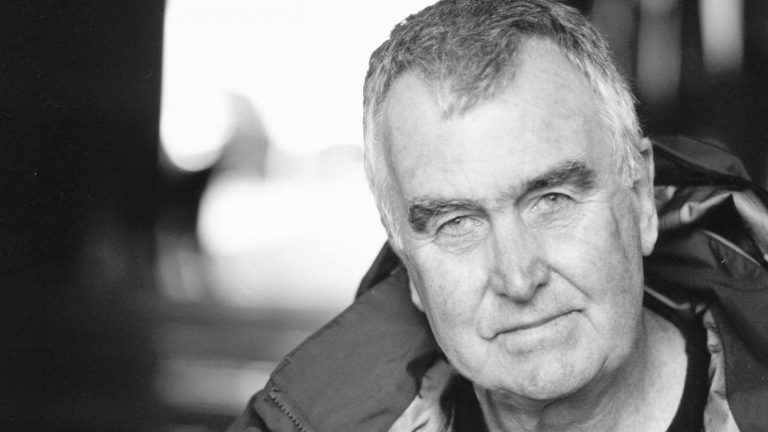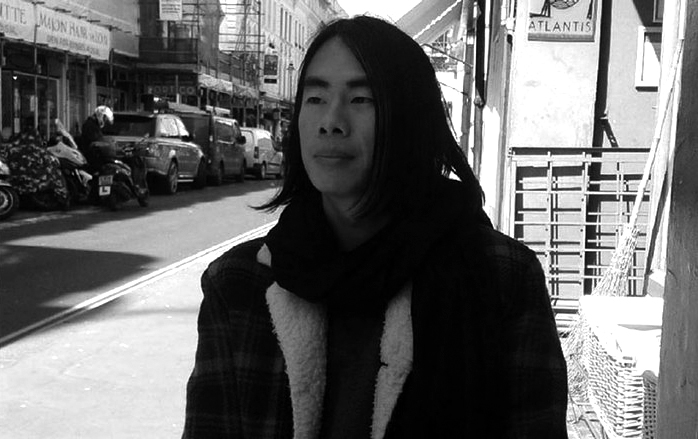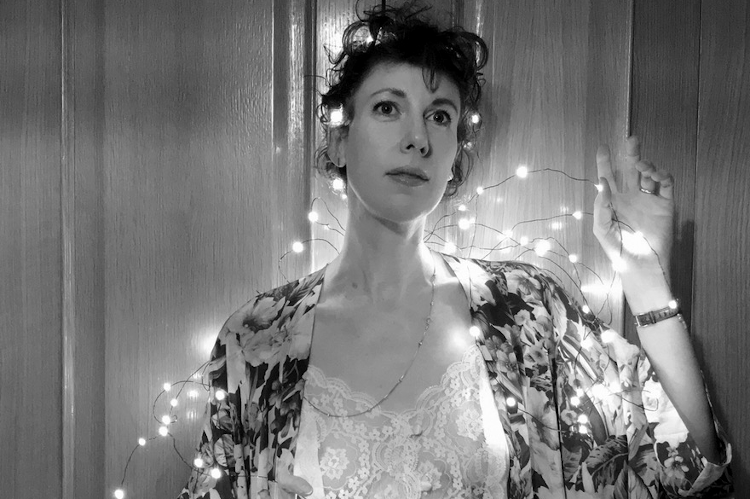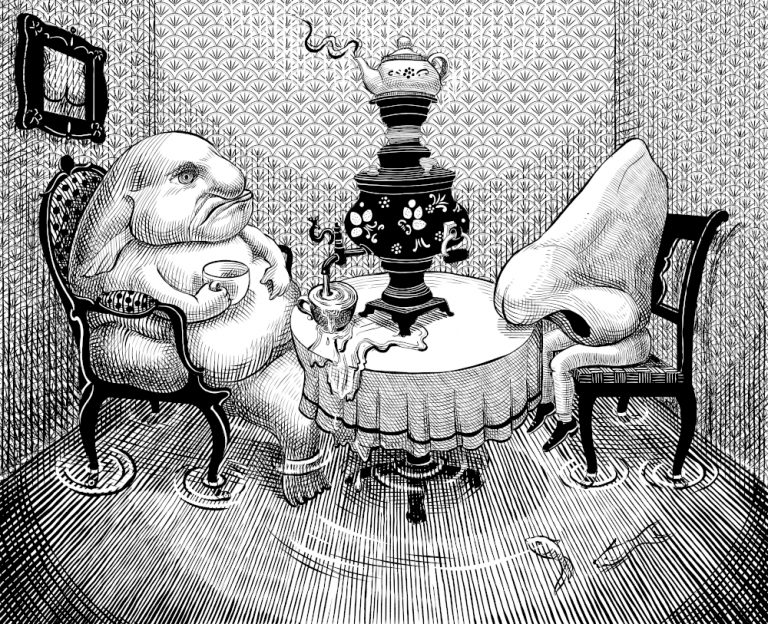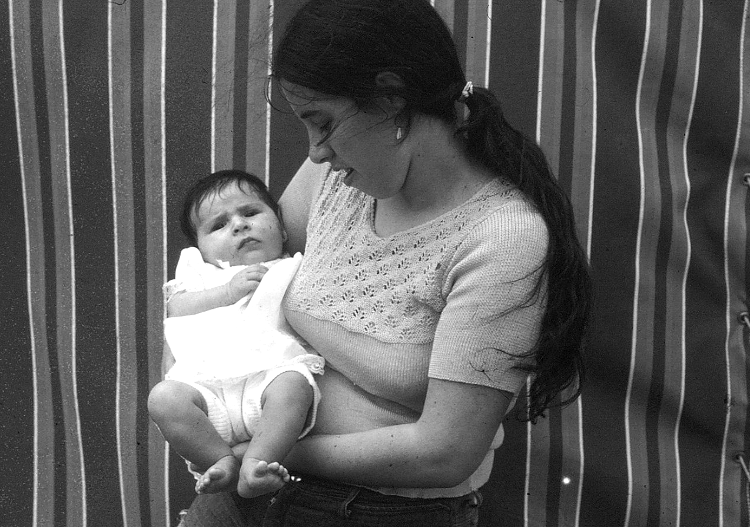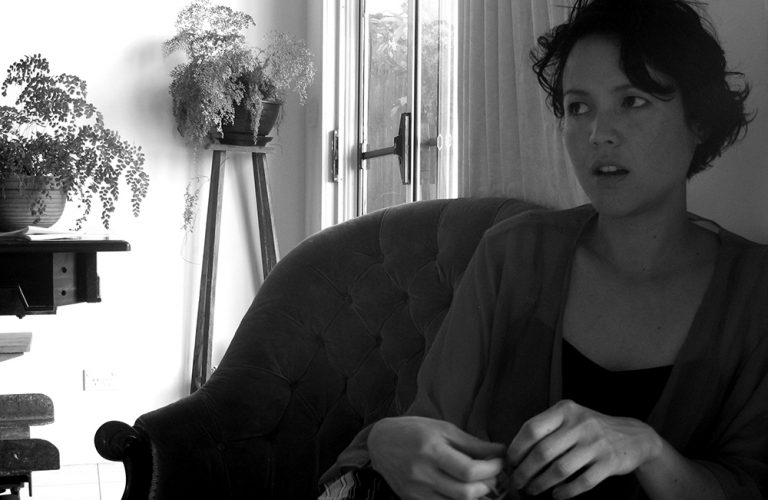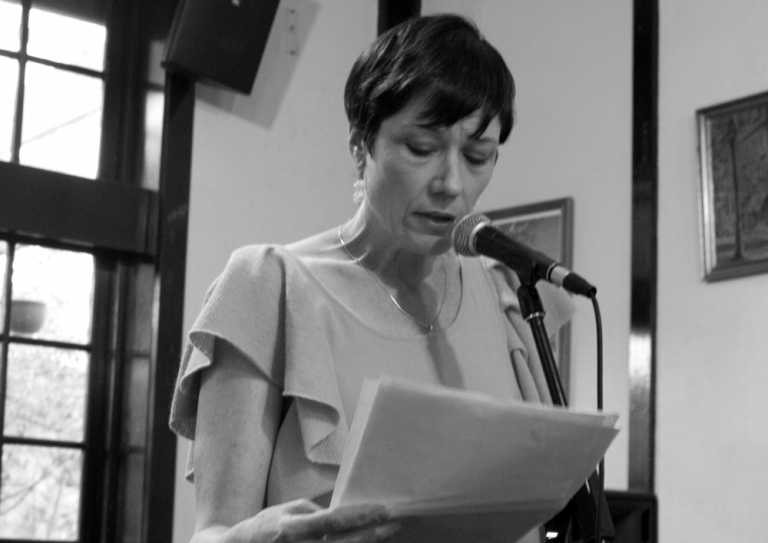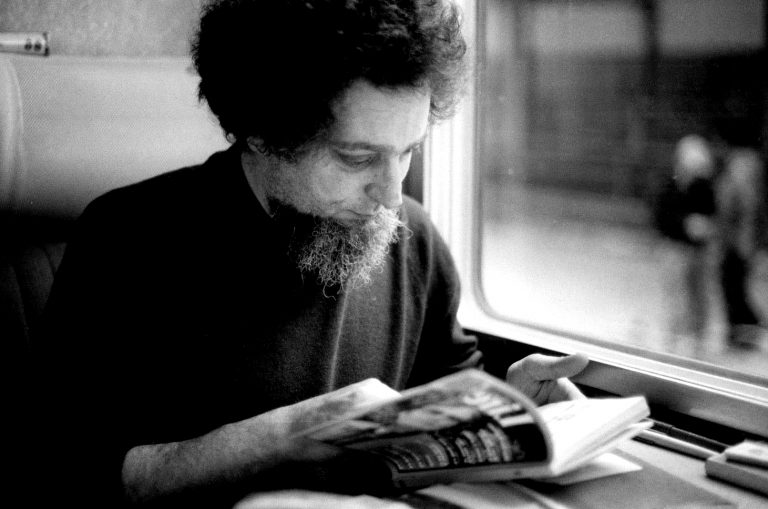ESSAYS
Music Becomes Memory: What Listening to Music Does to the Poetic Voice
When I think about the music that’s closest to me, that’s an inextricable part of my identity in how unwaveringly I have carried it through time.
Fox Mask Children
Exactly one year ago, foxes appeared in the forests and towns around here for the first time. In muscular structures, trauma or damage to the fibres is the very condition of growth.
CREATURELY: In Praise of New Poetry from Aotearoa
We are living in uncanny, uncertain, and uneven times. It is difficult not to feel undone by it all.
A Poet’s Progress in the ABC: Reflections on a Life in Radio
On my job application to the ABC in 1983 I mentioned that I was a poet, even though the job advertised was for a purely technical position as a trainee sound engineer.
Anti-Doodles: a Dada-ist Game for Long Pandemic Afternoons
As 20th Century Europe erupted into the chaos of the Great War, Dadaists responded with art forms that reflected the fragmentation and the unintelligibility of the world around them.
On Speaking and Unheard Women: Interrogating Classical Silence in the Poetry of Anna Jackson and Helen Rickerby
When we meet Cassandra in Aeschylus’s ‘Agamemnon’ – this stolen princess, this famed beauty turned ill-starred prophet, hauled onstage as Agamemnon’s prize for victory over the Trojans – she is silent for 270 lines.
Motherhood, Language and the Everyday During the Poetry of Astrid Lorange, Amy Brown and L K Holt
For a long time after my daughter was born, I looked for representations of motherhood everywhere. I looked for it in casual interactions with other mothers in the park and on the street, I looked for it with friends, in mothers’ groups and on the screen.
Wrestling with Mode and Meaning: the Play of Poetry in Theatre
Sitting high in the John Golden Theatre on Broadway, the opening moments of Jeremy O Harris’s Slave Play leave me open-mouthed. A black woman, dressed simply and of another era – one might presume as a slave – enters the …
Net Carries Water
She’s balancing me on her hip, her bare feet sinking in the mud and her tiny denim shorts cutting across her dimpled thighs … She’s standing in front of a striped annex in a caravan park, somewhere in Far North …
Unearthing the Greek in the Australian: an Account of Owl Publishing’s History and Foundation
Poetry publishers are an essential staple of the poetry community. When their existence is challenged by funding cuts, blinkered economic rationalisation and misguided consumerism, poets rail – as we should. But when a publisher like Owl Publishing quietly states, it …
NO THEME IX Editorial
Amulet ‘This is not a Warning, it is a Threat! Happy new year!’ So tweeted the American President before launching a missile strike in Iran that almost began World War Three. The American President (for separate reasons) was impeached, and …
EARTH Editorial
Why ‘Earth’? Because we are of it, because we are destroying it, because there is nowhere else. Because to think about anything else right now feels like dissociation. The theme of this special issue isn’t radical. It’s not political. It’s …
When Words Have No Equals: A Response to Lisa Robertson’s Thresholds: A Prosody of Citizenship
How far, then, is it possible to move beyond the confines of official languages, to find one’s voice? Is it possible to begin again, to reinvent oneself, and therefore change interactions with others, through language? Lisa Robertson certainly thinks so.
Colours of the Ground: How Local Pigments Seek Local Words
It was just a moment, a single moment, but it contained so much. The bubbly little Getz in front of me was definitively, synthetically red. It seemed fast too, and intent, so I got a surprise when at the end of the overtaking turn-out it stopped almost to a complete halt so that I could go by.
BAYT Editorial
In Arabic, ‘bayt’ means house and also a line of poetry. Welcome. I hope you enter and explore.
Dear White, It’s OK to be white
In October 2018, the motion ‘It’s OK to be white’ introduced in the Australian Parliament by White Supremacist Senator Pauline Hanson.
In Search of Living Rooms Filled With Laughter: On Belonging as a British-Lebanese in a Time of Revolution
I had my first panic attack somewhere on the Central Line between Marble Arch and Bond Street. Sitting in an empty, well-lit carriage the world darkened and tightened around me. I thought I might disappear.
The Arabic Poem that Jumped the Fence
In 1960, the Syrian Lebanese poet Adonis published his prose poem manifesto and the Lebanese poet Unsi al-Hajj published his collection Lan (Won’t) with its seminal introduction theorising for the possibilities of poetry in prose.
Reel Bad Lebs
Up until I was nine years old, my favourite film was Blood Sport. Frank Dux, who was played by Van Damme in the prime of his career, competed against the world’s best fighters in the underground martial arts tournament called the Kumite.
PEACH Editorial
On 23 April 1979, Blair Peach, a teacher from New Zealand, was killed by a blow to the head delivered by an officer of the Metropolitan Police Force Special Patrol Group (SPG).
System as Sociopath: Poetics, Politics and Nursing in a Letter from the States
Christmas Eve on the unit. The nurses’ station is in the middle of a long corridor, consisting of a low counter about ten feet long. A couple of psychiatric nurses are seated at laptops on wheeled stands, looking through medication orders, writing notes.
Australian Marginalia: Encounters with Australia in Raymond Roussel, John Ashbery and Georges Perec
You would not like Melbourne, for it is full of handsomes [sic] cabs. I adore it, for I love this form of locomotion. I have already used the candle-powered heater, for it is winter here; during the first part of the crossing, I think they would have melted without my lighting them.

